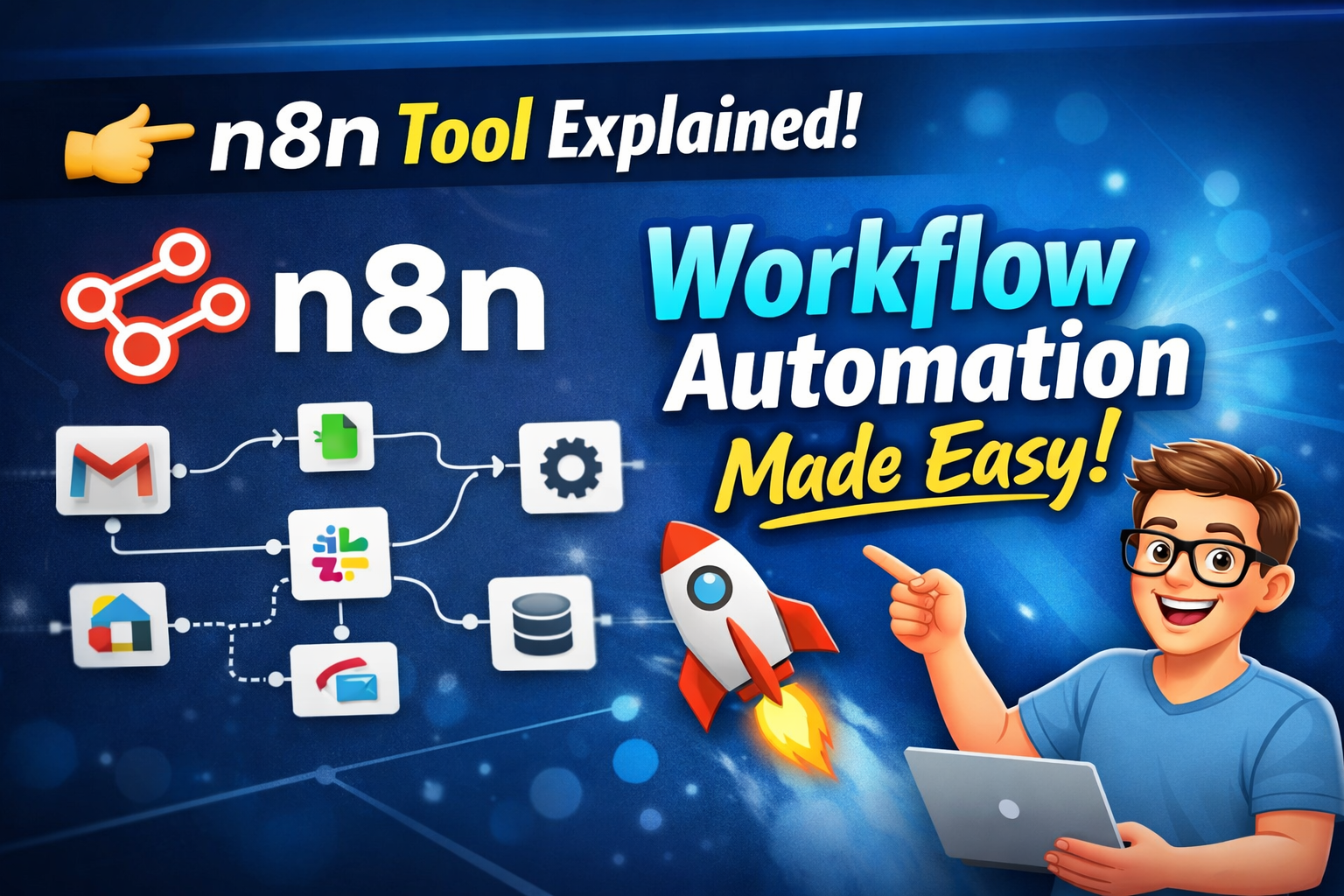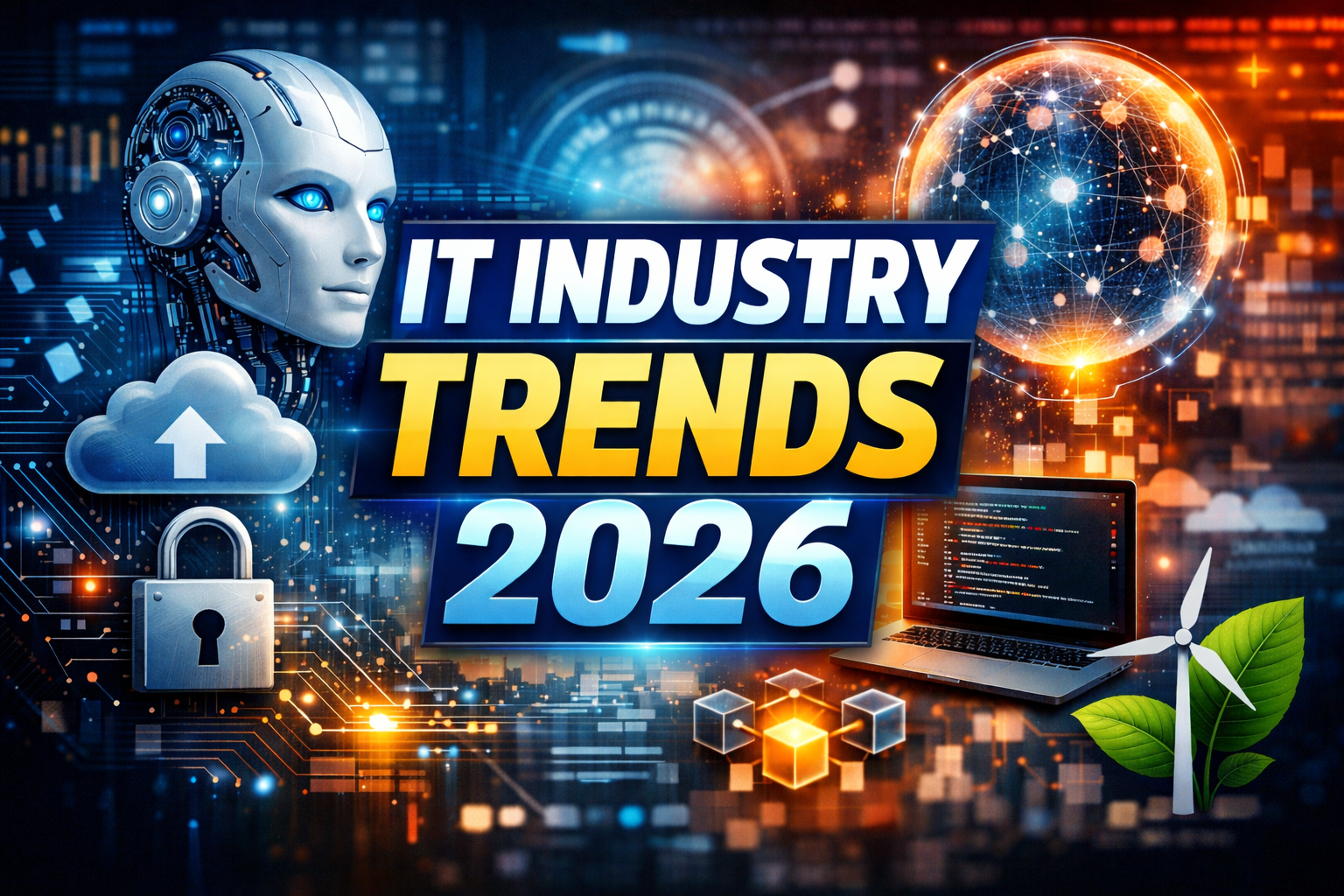Artificial Intelligence (AI) & Machine Learning (ML): The Future of Technology in 2025
Trending Keywords: Artificial Intelligence, AI technology, Machine Learning, AI trends 2025, Deep Learning, Data Science, AI tools, AI jobs, AI future, Generative AI, Automation, AI applications, AI in India, AI vs ML, AI innovation, Artificial Intelligence in business.
🔍 Introduction
In 2025, the Artificial Intelligence (AI) and Machine Learning (ML) revolution continues to reshape the world around us. From smart assistants like Alexa and Siri to self-driving cars and chatbots like ChatGPT, AI has become a core part of daily life.
Companies are rapidly adopting AI-driven solutions to improve efficiency, reduce costs, and enhance customer experience. Similarly, Machine Learning (ML) — the process where systems learn and improve automatically — is powering everything from Netflix recommendations to financial fraud detection.
🤖 What is Artificial Intelligence (AI)?
Artificial Intelligence (AI) refers to the simulation of human intelligence in machines. It allows computers to think, reason, and learn just like humans.
AI systems are designed to:
- Understand natural language
- Recognize speech and images
- Make decisions based on data
- Learn from experience
Examples of AI in daily life:
- Voice assistants (Alexa, Google Assistant)
- Chatbots in banking or customer service
- AI cameras in smartphones
- Predictive typing in Gmail
Trending keywords: AI technology, Artificial Intelligence tools, AI automation, AI applications, Generative AI.
🧠 What is Machine Learning (ML)?
Machine Learning is a subset of AI that allows computers to learn from data without being explicitly programmed.
In simple terms, ML uses algorithms to analyze data, identify patterns, and make predictions.
Example:
When Netflix recommends movies or Spotify suggests music — that’s Machine Learning at work.
Popular Machine Learning algorithms include:
- Linear Regression
- Decision Trees
- Neural Networks
- Support Vector Machines (SVM)
- Deep Learning models
Trending keywords: Machine Learning models, Deep Learning, supervised learning, unsupervised learning, AI algorithms.
⚙️ How AI and ML Work Together
AI is the broader concept, while ML is a key method used to achieve AI.
For example:
- AI Goal: Build a system that can chat intelligently.
- ML Role: Train that system using thousands of conversations to improve responses.
Together, they enable machines to analyze massive data, predict outcomes, and perform complex tasks that once required human intelligence.
Trending keywords: AI vs ML, Artificial Intelligence future, Machine Learning trends 2025.
🌍 Applications of AI & ML in 2025
The impact of AI and ML spans across every major industry.
1. Healthcare
- AI assists in early diagnosis and personalized treatment.
- ML models predict diseases from medical images.
- Example: AI tools like Google’s DeepMind analyze X-rays faster than doctors.
Keywords: AI in healthcare, ML in medical diagnosis, AI tools 2025.
2. Finance
- AI-driven systems detect fraud and automate trading.
- Chatbots provide customer support for banks.
Keywords: AI in fintech, Machine Learning in banking, AI automation.
3. Education
- AI tutors provide personalized learning experiences.
- ML tools help identify struggling students early.
Keywords: AI in education, EdTech, AI learning systems.
4. Business & Marketing
- AI analyzes customer data to predict behavior.
- ML optimizes ad performance and content targeting.
Keywords: AI in business, marketing automation, AI for data analytics.
5. Automobile & Transportation
- AI is powering self-driving cars and smart traffic systems.
- Tesla and Waymo use ML for decision-making on the road.
Keywords: AI in automotive, self-driving technology, AI innovation.
6. Cybersecurity
- AI identifies suspicious activity and prevents cyberattacks.
- ML enhances detection of phishing and malware.
Keywords: AI in cybersecurity, AI for threat detection, automation security.
🚀 Future of Artificial Intelligence & Machine Learning
By 2030, AI and ML are expected to contribute over $15 trillion to the global economy.
Top future trends (2025 onwards):
- Generative AI – Creating text, images, and videos automatically.
- AI in Automation – Automating repetitive business processes.
- Explainable AI – Making AI decisions more transparent.
- AI Ethics & Regulation – Ensuring responsible AI use.
- AI in Edge Computing – Bringing AI closer to the data source.
Trending keywords: AI trends 2025, Generative AI, AI innovation, AI future jobs.
💼 Career Opportunities in AI & ML
Demand for AI professionals is skyrocketing. According to LinkedIn, AI and ML roles are among the top 5 fastest-growing jobs in 2025.
Top career options:
- AI Engineer
- Machine Learning Engineer
- Data Scientist
- AI Researcher
- Automation Specialist
- Deep Learning Engineer
Skills to learn:
- Python, R, TensorFlow, PyTorch
- Data structures, algorithms
- Statistics, probability, and linear algebra
Certifications to consider:
- Google AI Certification
- Microsoft Azure AI Fundamentals
- Coursera Machine Learning by Andrew Ng
Keywords: AI jobs, ML careers, AI engineer, Data Science, AI certification.
🇮🇳 AI and ML in India
India is fast emerging as a global AI hub, with major investments from tech companies like TCS, Infosys, Wipro, and Google.
The Government of India has launched the “AI for All” initiative, focusing on using Artificial Intelligence in sectors like agriculture, education, and healthcare.
Startups like:
- Haptik (AI chatbots)
- Niki.ai (AI assistant)
- Yellow.ai (Conversational AI platform)
… are leading the Indian AI revolution.
Keywords: AI in India, Indian AI startups, AI technology India, Machine Learning in India.
⚡ Conclusion
Artificial Intelligence (AI) and Machine Learning (ML) are not just buzzwords — they are transforming how the world works. From healthcare to education, from business automation to creative industries, AI is redefining possibilities.
For students and professionals, this is the perfect time to learn AI skills, explore Machine Learning trends 2025, and become part of the next big technological wave.
The future belongs to those who can think with data, innovate with AI, and build with code.



